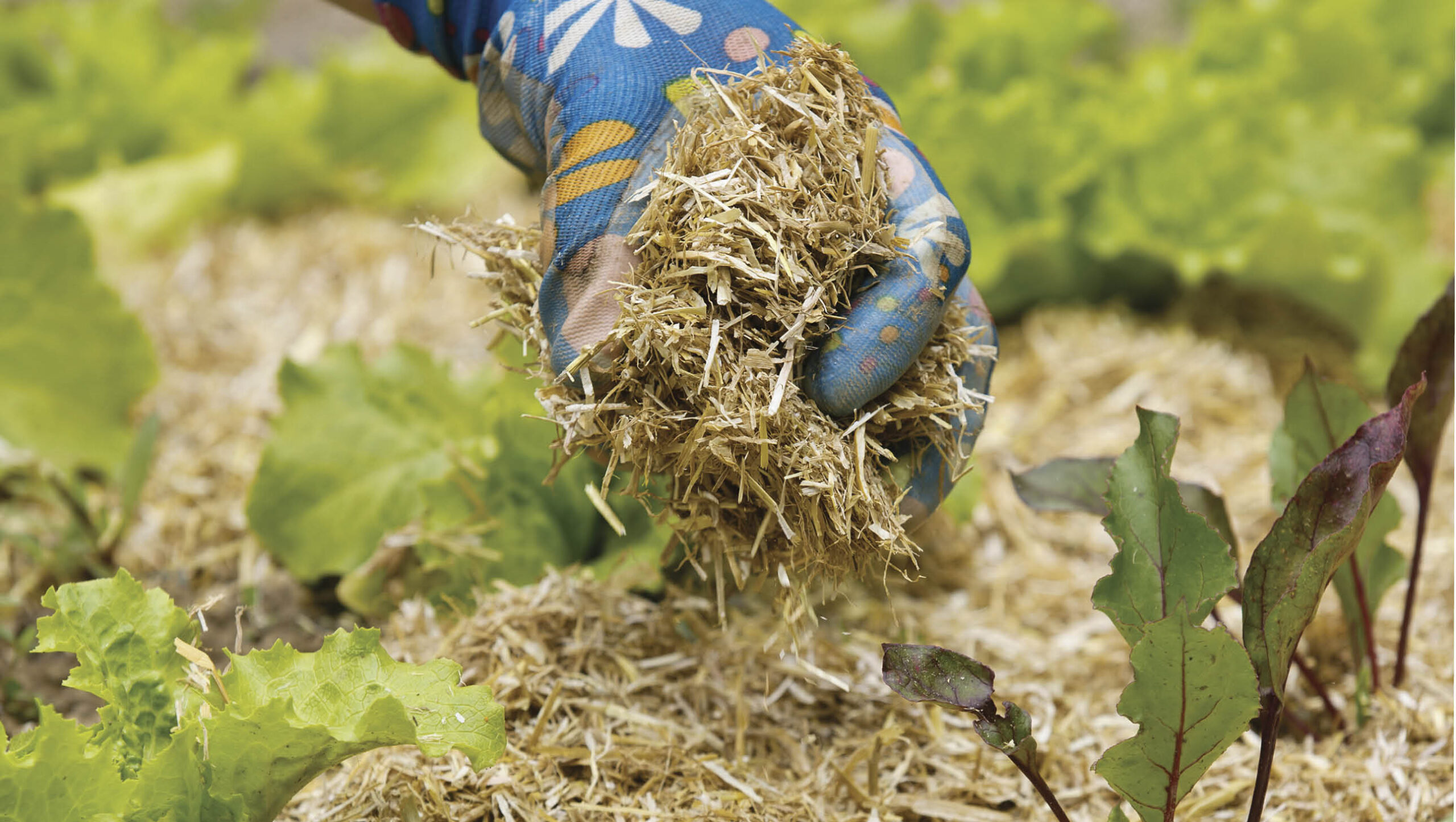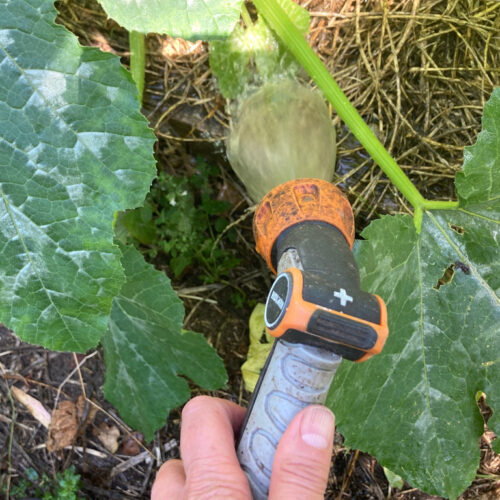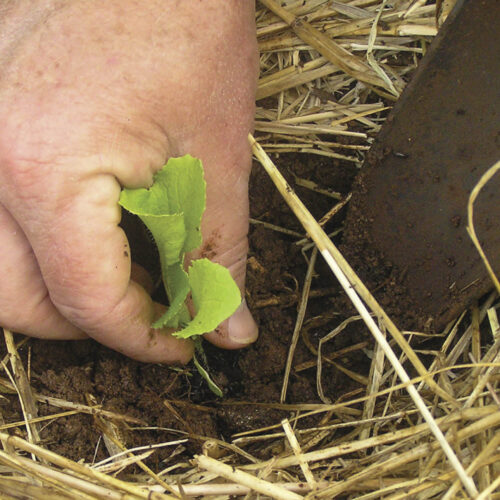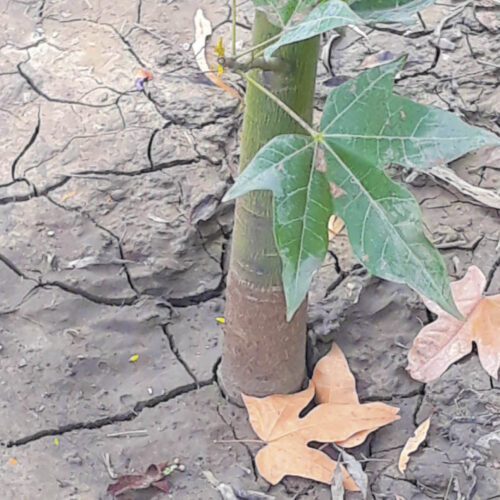Top tips to get ready for summer holidays
2023-12-07T00:41:41+11:00
Whether you are heading out of town or staying home to spend time in your garden, here's some tips from our experts to prepare for the rest of summer and beat the heat.
Here’s a few tips from our experts to help protect your plants during the heat of summer, especially if you are heading off on a break.
Protection
If you’re heading off on a break, don’t leave your precious fruit and vegetables unprotected. Install wildlife friendly netting to keep pesky birds and possums at bay. Put frames over small fruiting trees or shrubs using wooden stakes and metal joining pieces available from nurseries. Or use plastic irrigation piping bent over plants, secured to metal stakes driven into the ground. Protect vegetables with shade cloth if the weather is predicted to be very hot while you’re away. Karen Sutherland
Watering
The holiday season usually means absences from the garden and, in hot weather, irrigation is essential, especially for pot plants, which are the first to dry out. Consider installing timed irrigation drippers into large pots, and group small pots under an existing sprinkler on a timer. Even if a neighbour or friend is watering your pots, grouping them makes this easier and less time-consuming. Mulch large containers, keeping material away from trunks, and seal terracotta pots to reduce evaporation through the walls. Helen McKerral
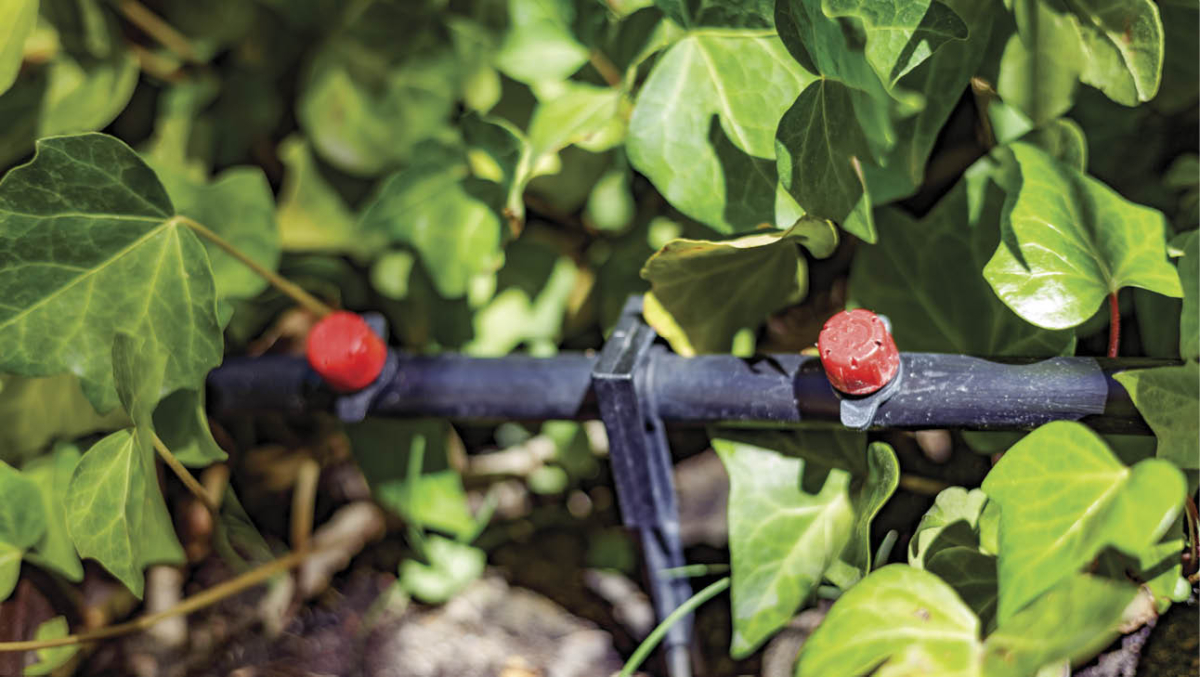
Worm farms
If exposed, waterproof your worm farm by placing a plastic cover over the top, open the tap to avoid flooding and direct the liquid onto the garden. Add food scraps that take longer to chew through, like pumpkin, watermelon, mango, avocado shells and seed, and aged farm manure (not chicken). Finish with shredded newspaper and straw, then place a damp hessian bag over the top. Leonie Shanahan
Humidity
Heat and humidity give rise to fungal diseases, such as powdery mildew, on tomatoes and cucurbits (cucumber, zucchini etc). Remove affected leaves and dispose of in your council green waste bin. Spray remaining leaves once a week with milk spray made from 1 part milk and 5 parts water. Thinning leaves to allow more airflow will also help reduce disease. Karen Sutherland
For more gardening ideas and summer tips, get a copy of our Summer 2025 issue (OG 154), available here!


